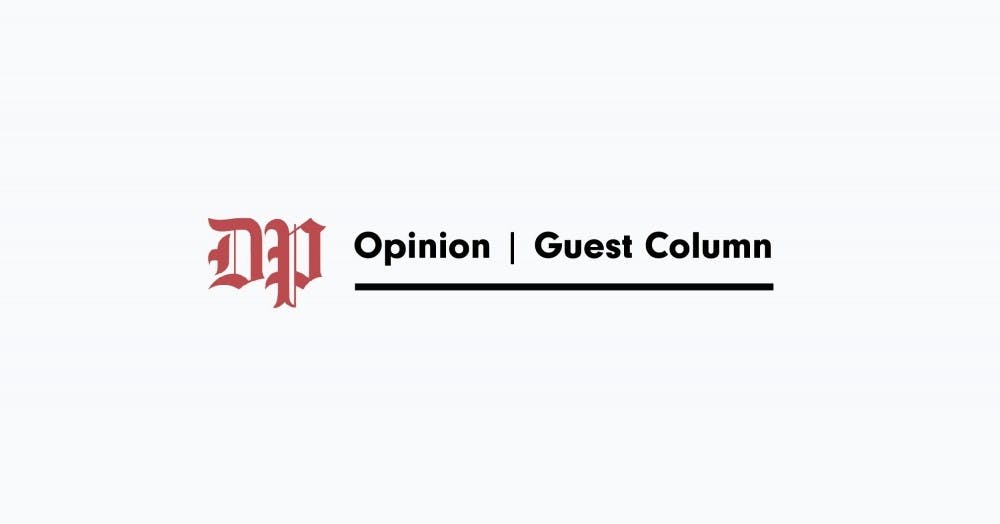The Daily Pennsylvanian letter on my recent op-ed, signed by some of my colleagues, puts forth no substantive argument and so requires no response on that score. But it does contain a statement that could mislead members of the Penn community. It says that the First Amendment protects my right to express myself “free from fear of legal sanctions.” But it is important to note that the First Amendment does not protect me, or anyone at Penn, from sanctions by Penn.
The First Amendment limits the government’s regulation of speech. (It states "Congress shall make no law … ") As the recent incident involving James Damore at Google illustrates, the Amendment does not legally constrain private institutions like Penn.
That fact is of considerable significance to members of the Penn Law School community and the University community as a whole.
Except for professors with tenure or the few staff with specific contractual protections, Penn is free to fire, suspend, expel, penalize, sanction or punish any student or employee for anything that person says or writes. Penn is under no First Amendment obligation to protect free expression. At present, there is no guarantee that they will do so. The University’s Guidelines on Open Expression provide some protection, but they are vague and revocable at any time. The values of free expression they embody (and the scope of the First Amendment itself) are now under relentless and escalating assault from many quarters, including from many within the University itself.
In the current climate, those who depart from received wisdom at Penn are vulnerable.
AMY WAX is the Robert Mundheim Professor of Law at the University of Pennsylvania Law School.
The Daily Pennsylvanian is an independent, student-run newspaper. Please consider making a donation to support the coverage that shapes the University. Your generosity ensures a future of strong journalism at Penn.
Donate




